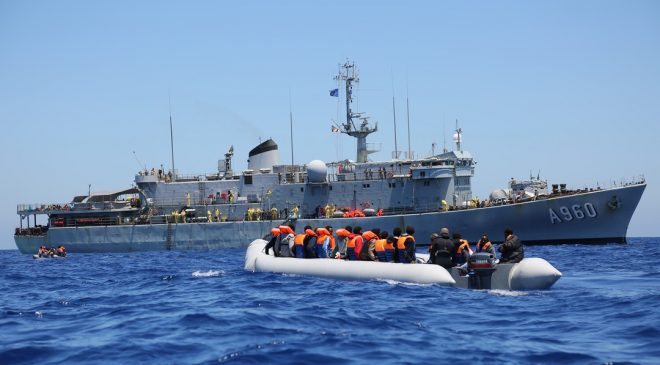
The General Court of the EU has ruled in favor of Frontex, the European Union border agency, allowing it to continue shielding itself from scrutiny regarding its role in enabling interceptions by Libyan forces in the Mediterranean Sea. The case was brought by Sea-Watch, a sea rescue organization, and highlighted Frontex’s lack of transparency and refusal to disclose information about its operations.
Despite efforts by Sea-Watch, Border Forensics to access documents related to Frontex’s actions on July 30, 2021, when a Libyan Coast Guard patrol boat intercepted a vessel within Malta’s search-and-rescue area, the agency has consistently withheld information. Frontex justified its lack of transparency by citing concerns about hampering its effectiveness and public security.
The court’s ruling, which acknowledged that Frontex wrongfully withheld the existence of over 100 relevant photographs, underscores the challenges faced by civil society in holding EU institutions accountable. The lack of transparency not only limits oversight but also raises questions about how EU taxpayer money is being spent on border protection activities that may contribute to human rights abuses.
Frontex Director Hans Leijtens had pledged to restore trust through transparency upon assuming office in 2023. However, today’s ruling indicates that significant barriers remain in accessing crucial information about Frontex’s operations in the Mediterranean. The ongoing lack of transparency raises concerns about the agency’s accountability and its role in ensuring the safety and protection of individuals in distress at sea.
